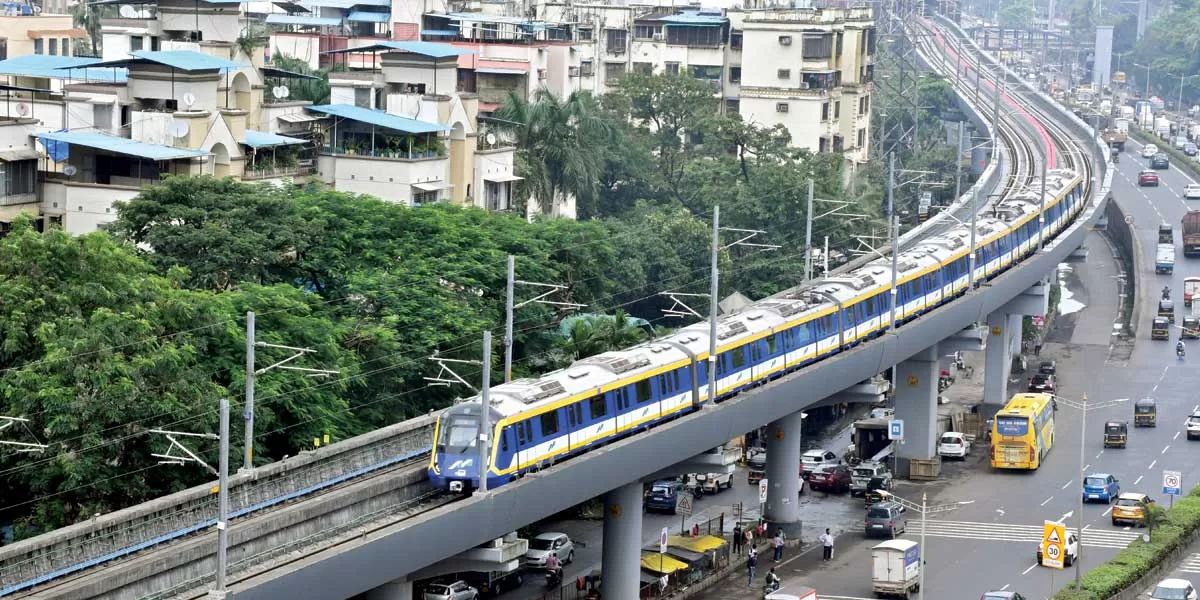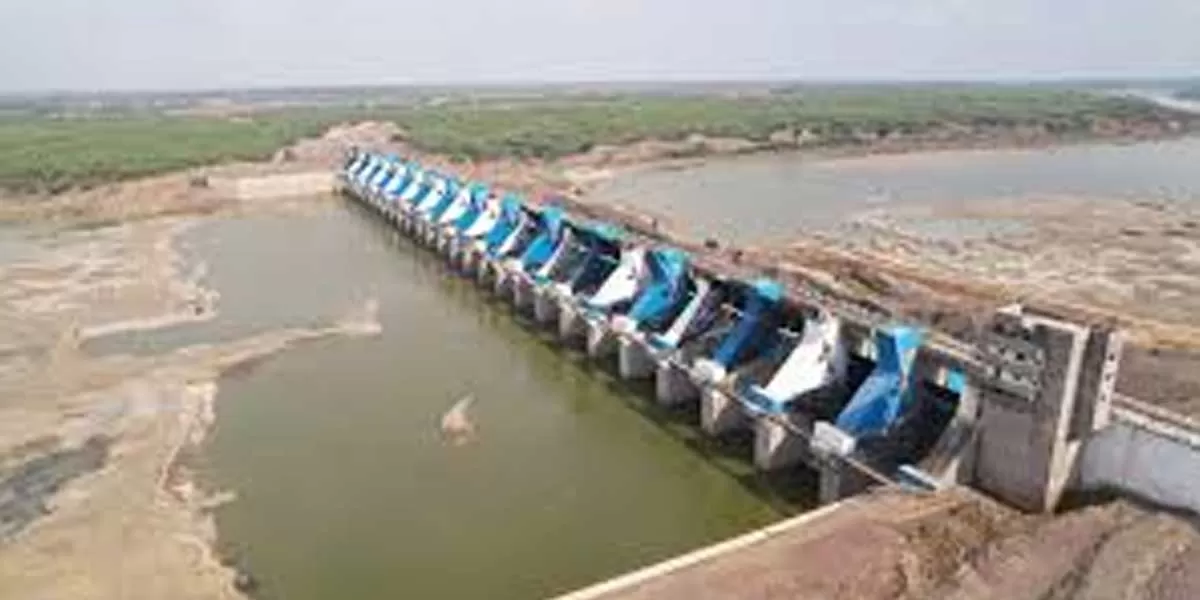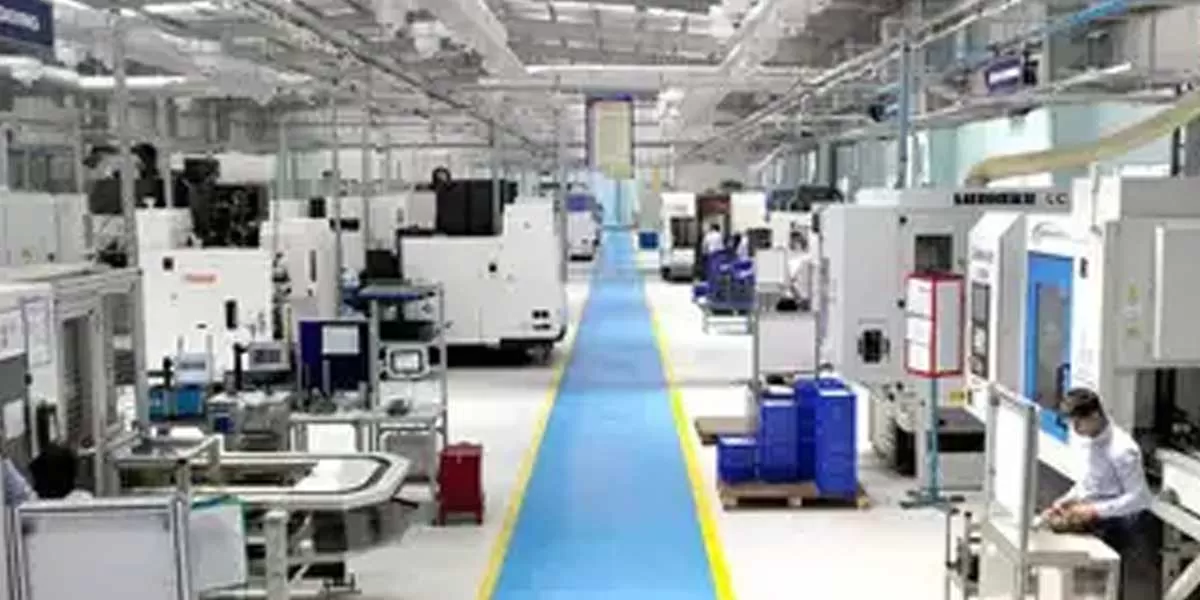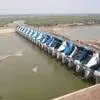

Dilip Buildcon Completes Navnera Barrage Project in Rajasthan
Dilip Buildcon has successfully completed the construction of the Navnera Barrage (dam) across the Kalisindh River in Rajasthan. The project, part of the Eastern Rajasthan Canal Project (ERCP) Phase-I/(A), was undertaken on an EPC single responsibility turnkey basis.The project, which involved survey, planning, design, and construction work, was physically completed on September 30, 2024. A completion certificate for the project was issued by the relevant authorities on January 17, 2025, and received by Dilip Buildcon on February 1, 2025.Details of the project include a revised cost of Rs 6.61..

RACL Geartech to Inaugurate New Facility for BMW Electric Car Parts
RACL Geartech, a leading manufacturer of transmission gears and shafts for automotive and industrial applications, is set to expand its footprint in the electric vehicle (EV) sector. The company has announced the operational readiness of a new, dedicated facility at its Gajraula manufacturing location, aimed at producing Parking Lock Actuation Assemblies for BMW's electric cars.The company successfully completed trial production and has already commenced pre-series production. The new facility will be officially inaugurated on February 13, 2025, with senior management personnel from BMW in att..

JCB Hits Major Milestone with One Million Backhoes and Counting
JCB celebrated a major machine milestone with the production of its one millionth Backhoe Loader. The first JCB Backhoe rolled off the production line in Rocester, Staffordshire in 1953. Called the Mark One, it brought the new wonder of hydraulic power to construction equipment for the first time. In the first full year of production in 1954 just 35 of the machines were built and it took more than 20 years for the first 50,000 to be made. It took 59 years for the first half million JCB Backhoes to be manufactured – but less than 13 years for the next half million to be produced, culminatin..















